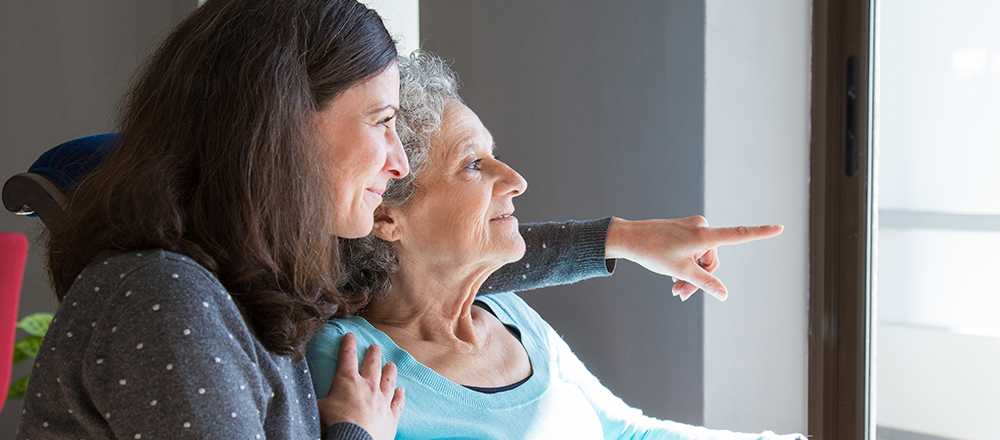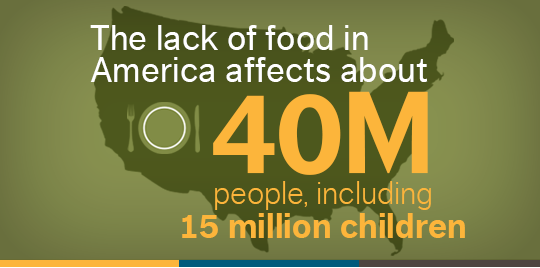Coronavirus: Coping as a Caregiver
April 9, 2020By: Dawn Rosey
Categories: In the Community, Your Wellness

During this uncertain time, being a caregiver may feel even more challenging, difficult and worrisome. After all, inherent in the role is the ability to plan ahead and manage the lives of our loved ones, who now may be at increased risk of developing severe coronavirus illness.
With COVID-19, the disease caused by the new coronavirus, we find ourselves in uncharted territory, and we don’t always know what we should do. There is so much information coming at us at once, and, for many of us, we feel the minute we have an understanding, everything changes.
High-Risk Individuals
What we know from the Centers for Disease Control and Prevention is older adults and people of any age who have serious underlying medical conditions might be at high risk for severe illness.
According to the CDC, those at high risk:
- Are age 65 years and older
- Live in a nursing home or long-term care facility
- Have a weakened immune system
- Have a serious underlying medication condition (particularly if not well controlled), including
- Chronic lung disease or moderate to severe asthma
- Serious heart condition
- Severe obesity (body mass index of 40 or higher)
- Diabetes
- Chronic kidney disease undergoing dialysis
- Liver disease
Contact Your Primary Care Provider
If you need additional support during this time, reach out to your primary care provider at Meritas Health and ask to speak with a licensed clinical social worker. We are here to support you.
Follow a Plan
We are told all the time to wash our hands, don’t touch our face, stay six feet away from one another, wear a face mask and isolate in our bubble. This can feel straining and overwhelming, and how can we do this as caregivers for our most vulnerable.
Through all of this, the most important thing to remember is you are not alone. But what can you do when facing this new, and, for some, more involved kind of caregiving? If you haven’t already created a plan, it is vital you take these needed steps for the health and well-being of your loved one and yourself.
- Prevent the Spread of Germs
- Wash your hands often with soap and water for at least 20 seconds, and help your loved ones remember to do so (even by placing signs in the bathroom)
- Use gloves to create a barrier between you and your loved one
- Clean and disinfect frequently touched surfaces daily
- Avoid touching your eyes, nose and mouth with unwashed hands
- Keep a Schedule
- Maintain a routine, which helps normalize their days
- Avoid disruptions, which can cause their behavior to change
- Stick to their sleep schedule
- Practice Physical Distancing
- Share walks early in the morning when others are usually not outside
- Take part in activities together, such as coloring, puzzles and board games
- Help them participate online in their faith community’s online source for worship
- Help Them Stay Connected
- Talk with them about the information, but remain calm and reassuring so as not overwhelm them
- Ask friends and family outside your home to reach out with calls and written notes
- Use technology, especially video chat options, to allow your loved ones to see and talk with the people they love
- Stay Well Physically and Mentally
- Make sure you have enough medical supplies and medications
- Monitor any symptoms either of you exhibit
- Give one another some space with breaks to allow for downtime



